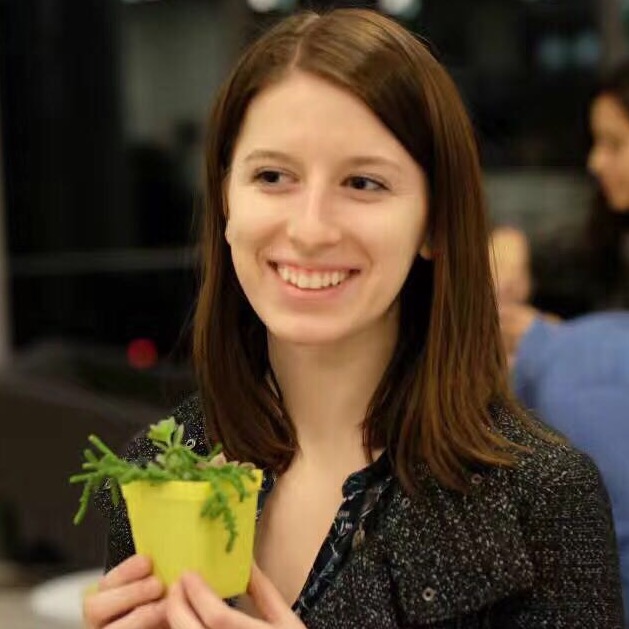In August 2015, 21 young people brought a federal climate lawsuit against the US government. The landmark trial was set to begin October 29, 2018, but the Supreme Court recently granted a temporary stay of the case following yet another request from the Trump Administration. Attorneys for the youth plaintiffs have filed a response pointing to mischaracterizations of the lawsuit by the Trump Administration and requested that the Court allow their trial to proceed.
Three years ago, 21 young people brought a first-of-its-kind constitutional climate lawsuit against the US government in a federal district court in Oregon, arguing that the US government’s actions and policies that cause climate change have violated the constitutional rights to life, liberty, and property of the youngest generation, as well as future generations, and violate the “public trust doctrine,” which requires that the government protect certain natural and cultural resources for public use.
Yet while Juliana v. US (#youthvgov) is the first of its kind, the youth’s arguments have support in both US and international law:
In November 2016, the Oregon district court recognized the fundamental right to a clean environment, holding that “a stable climate system is quite literally the foundation of society, without which there would be neither civilization nor progress.” This was the first time a US federal court explicitly stated this constitutional right, but it’s not without considerable support.
Outside the US, international law supports the Oregon court’s recognition of the right to a healthy climate. In 2015, nations around the world adopted the Paris Agreement, acknowledging governments’ responsibility to respect, promote, and consider human rights while addressing climate change. More recently, in July 2018, members of the Human Rights Council again recognized that “climate change has already had an adverse impact on the full and effective enjoyment of human rights.” And just yesterday, the UN Special Rapporteur on Human Rights and Environment formally proposed that the UN General Assembly recognize the human right to a safe, clean, healthy, and sustainable environment. And this extends far beyond the halls of the UN. An increasing number of foreign courts, from India to Costa Rica, Nigeria to the Netherlands, Pakistan to the Philippines, have also recognized the relationship between a healthy environment and other fundamental rights, including the right to life.
Juliana v. US’s long road to trial
Living out a real life Groundhog Day, the US government has desperately — but unsuccessfully — tried to stop the case from going to trial. It filed a motion to dismiss the lawsuit, which was denied by both the district court and the Ninth Circuit on appeal. Trying again, it filed a petition for a writ of mandamus (an extraordinary step only used in rare cases) twice to the Ninth Circuit Court in subsequent attempts to stop the case. On the first writ petition, CIEL and Environmental Law Alliance Worldwide supported the youth plaintiffs by submitting a joint amicus brief urging the courts to give the youth their day in court. Then, the Trump Administration turned to the Supreme Court and asked for a writ of mandamus and stay, which was also denied. But this Groundhog Day isn’t over yet; in a last-ditch effort, the Trump Administration filed a second writ of mandamus and request a stay at the US Supreme Court, again.
With the District Court trial looming (it was set to begin this Monday, October 29), the Supreme Court has granted this most recent request and temporarily paused the case. This step is extremely rare, and the Supreme Court already refused the same request from the Trump Administration earlier this year. For now, it’s unclear how long the stay will be in place, and whether the trial will move forward Monday as planned. The attorneys for the youth plaintiffs must have felt like Bill Murray waking up to “I Got You Babe” as they filed their response, requesting that the Supreme Court allow their trial to proceed as planned and pointing to the Trump Administration’s mischaracterizations of the lawsuit.
For the moment, they must wait, again. Plaintiffs’ attorneys remain ready to go to trial. Now it’s up to the Chief Justice to allow them their day in court.
Want to get involved?
Join the movement and support these young climate champions by attending a rally happening at the federal courthouses in your state: Find the nearest rally here. CIEL will be at the rally in front of the Supreme Court on Monday, and we hope to see you there and in countless other cities across the country!
By Danielle Sanger, Communications Intern
Originally posted on October 26, 2018

